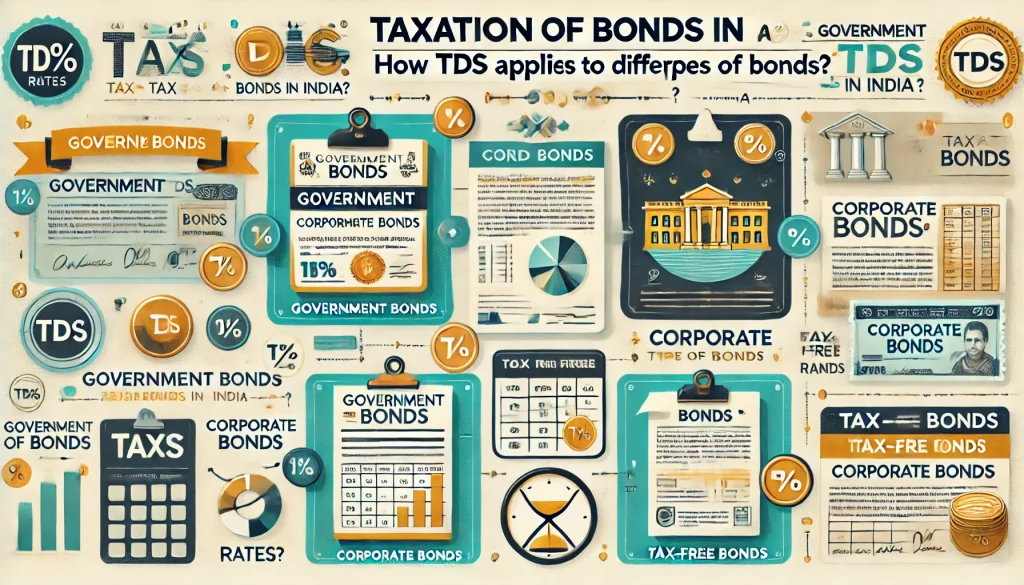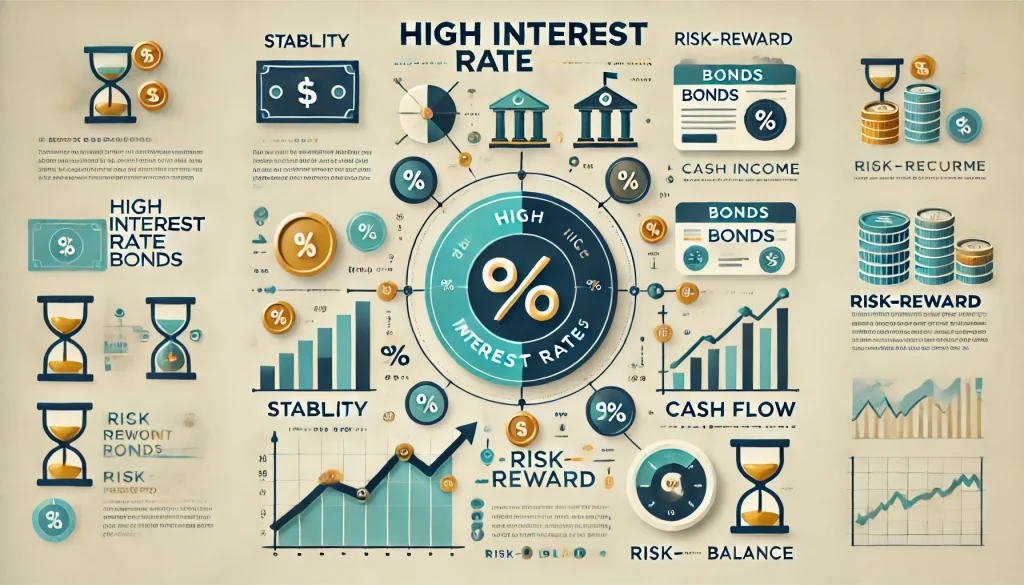
If you are interested in investing in debt financial instruments, you must be aware of debentures. These are long-term debt instruments issued by government agencies or even private organizations to raise money for funding new projects. In this blog, we’ll discuss some of the basic details regarding what are debentures.
What are Debentures?
Let’s first understand debentures’ meaning. Well, debentures are long-term debt instruments issued by corporations and governments to raise funds for their financial requirements. For understanding, you can call it a form of loan that issuers receive from investors. The issuer of the debenture promises to pay the principal amount back to the investors with interest.
Debentures are unsecured financing options and come with lengthy tenures. Generally, the tenures exceed ten years.
What are the Features of Debentures?
In this section, we’ll explore the different features of debentures. It’ll help us to understand debentures’ meaning better.
1. Long-term Instrument Not Backed by any Collateral
Debentures are long-term investment instruments that are not backed by any asset or collateral. While purchasing debentures, investors primarily take into consideration the creditworthiness of the issuer. The tenure for debentures, as mentioned above, can even exceed 10 years.
2. Fixed Coupon Rate
Debentures have fixed coupon rates. Investors receive interest at specific intervals at these fixed rates, either monthly, quarterly, half-yearly, or yearly. Certain investors might also receive accumulated interest upon redemption of the debenture. Please note that economic conditions and market fluctuations determine the interest rates.
3. Potential to Improve Earnings
There are certain debentures issued by corporates that convert to equity stocks after a specific period. This leads to investors acquiring ownership of the organization. Moreover, there’s every chance that their earnings improve substantially. An important feature to be noted here is that the issuer benefits from no-cost borrowing because they provide lower interest rates compared to non-convertibles.
4. Repayments can be periodic or lumpsum
When you’re reading up about debentures’ meaning, you need to know about its repayment-related terms. Investors might receive payments either in installments or through lumpsum. The issuer may use a redemption reserve to pay off annual installments to debenture-holders. However, the issuer may also choose to pay a lump sum on the maturity date of the instrument.
5. Easily exchangeable in the stock market
You can exchange debentures easily in the stock market just like other securities. These investment instruments are flexible debt instruments.
6. Tax benefits
The issuers of debentures pay the interest as expenses before paying the dividend. In other words, the interest amount with respect to debentures is tax-deductible. It brings down the taxable income significantly.
What are the Types of Debentures?
This section will focus on different types of debentures:
- Convertible or Non-convertible: Convertible debentures are those instruments that are converted to equity shares after a specific period. Non-convertible debentures don’t get converted to equity shares.
- Secured or Non-secured: Generally, debentures are non-secured. However, companies may also issue secured debentures where the investors have a claim over the assets of the investor.
- Fixed-charge or Floating-charge: When the debentures have a fixed charge, they generally have a pre-fixed coupon rate throughout the holding period. When the coupon rates are floating, interest rates vary depending on the benchmark rate.
- Perpetual: These debentures don’t come with a maturity date and so, issuers don’t have to redeem them. The issuing entity can choose to pay a regular interest for the entire period.
- Redeemable Debentures: The investment instruments have a specific maturity date. The issuer must repurchase these instruments from the investors after it matures.
Advantages and Disadvantages of Investing in Debentures
Check the advantages of debentures below:
- Investors receive a regular payment of interest which ensures a regular income stream.
- Debentures help to diversify one’s investment portfolio beyond stocks which brings down the overall risk level.
- Debentures provide investors with liquidity as they’re easily tradeable in secondary markets.
- Generally, debentures have fixed interest rates which lend stability in a fluctuating market.
Now, check the disadvantages of debentures:
- If there’s a rise in interest rates, fixed interest payments with respect to debentures will become less lucrative.
- Unsecured debentures carry high levels of credit risk.
- Market conditions may lead to fluctuation in the prices of debentures which would have a negative impact upon their market value.
- Please note that debenture holders have no ownership or voting rights in the issuing company.
Difference Between Bonds and Debentures
| Parameters | Bonds | Debentures |
| Meaning | Financial institutions, corporations, and governments issue these debt financial instruments and they have the backing of assets and collateral. | Debt financial instruments issued by Governments and private companies that are not backed by collateral or assets. |
| Tenure | Come with long tenure | Shorter tenure compared to bonds |
| Collateral | Physical assets or collateral act as the underlying security of bonds. | These are unsecured financial instruments. |
| Risk | Low-risk because the financial instruments are backed by collaterals | High-risk because the financial instruments are not backed by any collateral. |
Final Word
It’s important to know what debentures are if you wish to know more about debt investment instruments. You can invest in a debenture if you have no problem remaining invested for a long investment horizon. Depending on your financial goals and requirements, you can even invest in bonds. Just skim through the details mentioned above to make an informed investment decision.
FAQs
Yes, you can call debenture a form of unsecured loan that is availed by governments or private companies by issuance of debt financial instruments for a long tenure.
Government entities and corporations use debentures as a leverage source to raise funds for new projects.
Yes, debentures are easily available in National Stock Exchange (NSE) and Bombay Stock Exchange (BSE).
There’s the possibility of the issuer being unable to repay the principal amount with interest well in time. It may lead to major losses for investors.


